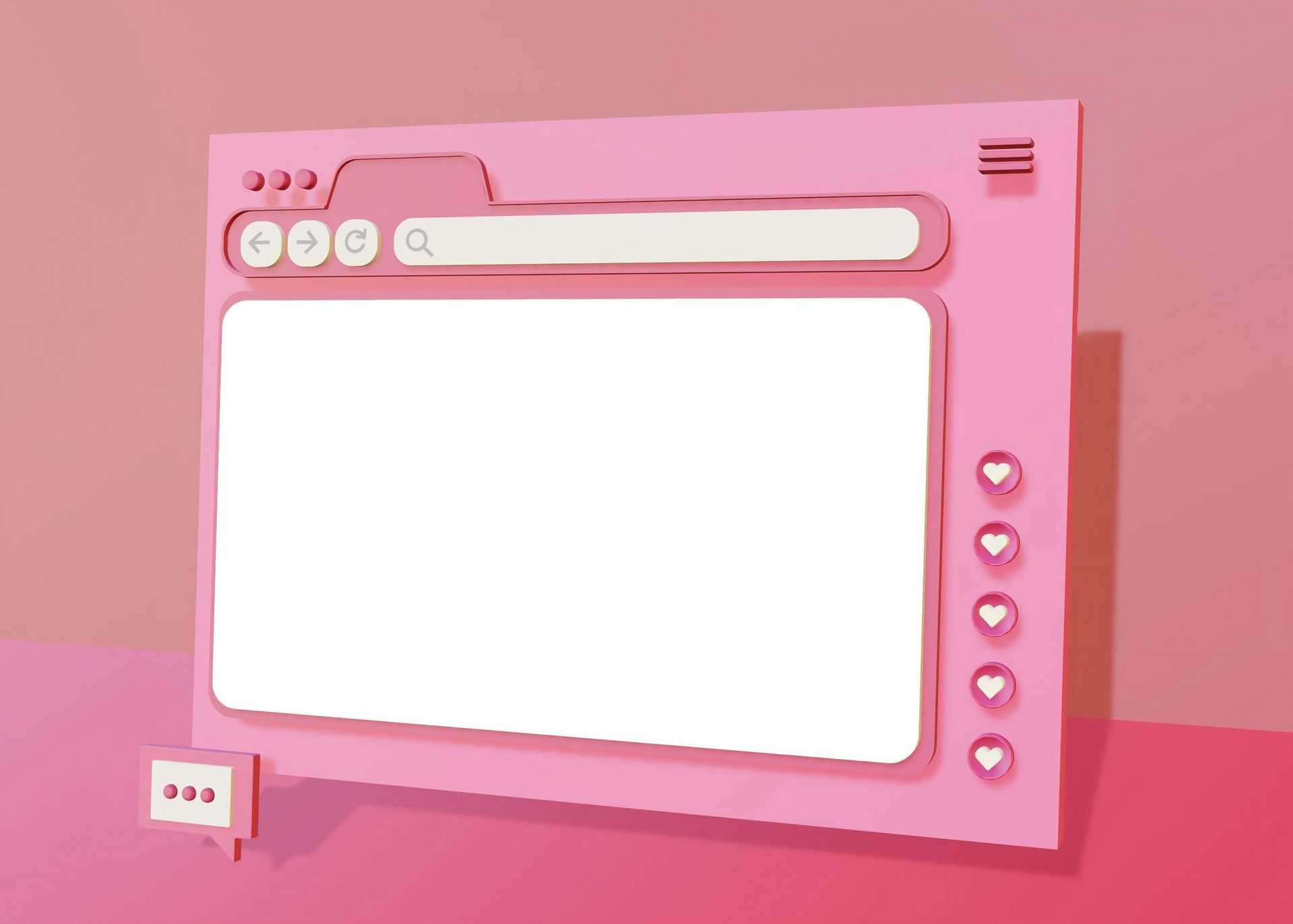
In the second episode of ‘Industry Spotlight’ Chris, Lee & Jamie discuss Snapchat’s recent decision to make Snapchat Stories available to non-Snapchat users. Subscribe to our YouTube channel for the latest digital news and updates…
See below for a full video transcription.
VIDEO TRANSCRIPTION
Lee: Okay, so the next thing we’re gonna discuss is Snapchat. So it’s still a mystical network, I think, for advertisers especially. Brands are still trying to figure out how to leverage it. Snapchat are still trying to figure out how to monetize the platform. It’s got quite a young demographic but they’re making efforts to improve their discoverability and get a bit more reach by opening the way that people can discover stories. So non-Snapchat users now will be able to visit a link to see a story.
Jamie: This is basically just taking a story out of your Snapchat app and then sharing it as a link to anyone.
Lee: Yeah. So it’s just a web version of a story, basically. Taking it out of the app.
Jamie: That’s gonna help, like, taking a Snapchat story and put it on Twitter, for example.
Lee: I imagine that they’re thinking broad scale, it’ll be embeds across publications and things like that. So where you see a Mashable article with a Tweet or a video from Twitter embedded.
Jamie: Yeah, publishers are embedding Instagrams and stuff all the time now, aren’t they? So yeah, it’s a pretty big deal. Yeah, a lot of these now, with these apps, these like, sort of unique kind of apps that come from nowhere and get massive popularity, they build an app presence, and they don’t have any web presence at all and then sort of like shoehorn it in later.
Lee: Well Instagram’s web app has been terrible for ages, and they’ve only just really started to improve it.
Jamie: Even when they published one, the app, the big window, it’s just, like there’s no extra features or anything. It’s quite a strange way around, it’s not something that didn’t really happen 5, 10 years ago. I mean, like Facebook for example, you were going to it on the website weren’t you. And then all of a sudden they got an app, and it started being massive.
Chris: What do you think Facebook can still do in response to it? Do you think they’ll do anything or spit anything out similar? Or…
Lee: I think Facebook have got it kind of covered because the web version of Facebook is pretty good. The web version of Twitter is really good. So I don’t know whether they’ll have to respond but I think more than Facebook having to respond to that, I think Snapchat have done that as a way of trying to gain coverage against Facebook. So Snapchat have been really closed off, obviously, Facebook wanted to buy them. They didn’t sell. So now I think they’re trying to open avenues to compete again, whether it will work.
Jamie: Do you not think this might annoy some of the demographic, like you get celebrities that use Snapchat because it is quite closed off, isn’t it? Obviously, it’s historically known for sending photos that you can’t save and sending chats that you can’t save. So celebrities thought they might have a bit of privacy, and it’s not gonna be in the Daily Mail’s website tomorrow or whatever. Whereas if you put it on Instagram, obviously it’s so easy to share and everyone is floating around everywhere, that it’s just, if you put it on Instagram the world can see it, basically. But it you put it on Snapchat, it seems like you’re narrowing your audience a little bit, and celebrities might post more intimate stuff. It seems like that might go out the window a little bit, so you gotta be careful.
Lee: It’s the same old thing, though, isn’t it? Facebook are transparent about the fact that they generate the majority of their revenue through ads, which means they’ve gotta have the traffic and the attention and the discoverability. Snapchat has been so closed off, and they’ve been trying to figure out so many different ways to monetize, and I think they’re coming to the slow realization that they can’t just figure something out. They need to act in the same way as the other networks. They’ve got the attention, they’ve built the user base, it’s still a prominent platform. But in terms of monetizing it, they’re gonna have to, at some stage, let marketers or brands capitalize on it. I think up until now it’s been more of a personality based, influencer based platform.
Jamie: Yeah. If a USP of the platform is literally, it’s like disposable broadcasting almost is Snapchat, isn’t it, with the stories? Or disposable messaging if you’re doing one to one, and all of a sudden now that the disposable aspect of it might sort of, that might be it. I mean, Twitter seems to have rode it out pretty well with the, that’s a 140 character messaging service, and all of a sudden it’s 280. The original USP from the whole idea, throw it out the window and keeping your audience and user base and just riding it out and not making any difference seems to be, it’s possible, obviously.
Chris: I think it might start to grab the attention of, like, the older demographic who’s, well maybe if they’re making noise and they’re trying to do other stuff that has very much been sort of siloed to that younger demographic up until now.
Lee: Definitely.
Chris: So if they open up the door to, let’s say, 30 upwards with this new launch, then obviously that’s a good thing for them.




